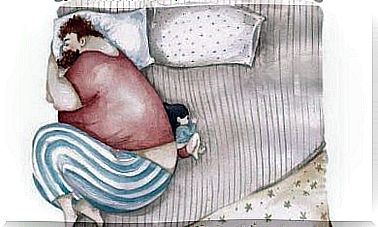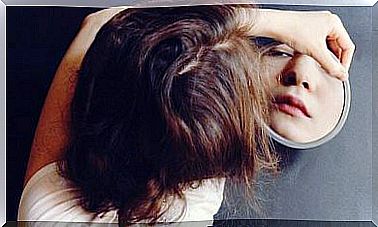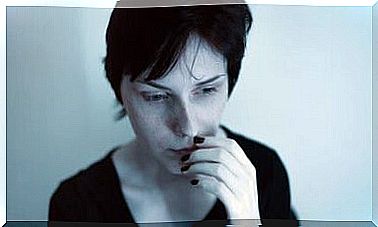The Benefits Of Clinical Hypnosis: Disproving The Television Show
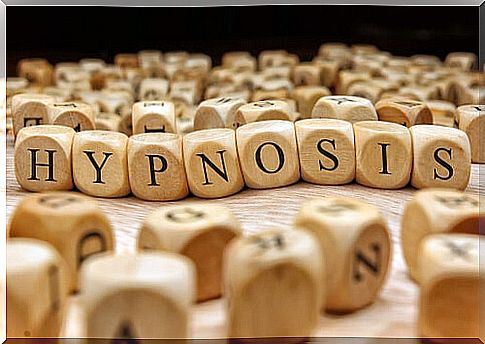
When we talk about hypnosis, a very typical image comes to mind. This corresponds to a man with a pendulum, or a black and white disk that rotates “catching” us. It does not matter by what object it is done, but it is supposed to be able to enter our subconscious and take over our person completely.
So much so that it “gets” people to do things that in their right mind they wouldn’t do, right? But what is the truth in this? And if I go to therapy and a psychologist proposes to use the hypnosis technique to treat me, is it going to be done with total control of my person? Who wants that? The fact is that in the shows something is sold that is totally different from the clinical hypnosis used in psychology … Learn to differentiate the show from the therapeutic technique!
Hypnosis myths
The problem with hypnosis is that it is associated with a series of events that make it a non-rational phenomenon and take it away from science. We must differentiate between mere entertainment spectacle and psychological technique that can benefit us considerably.
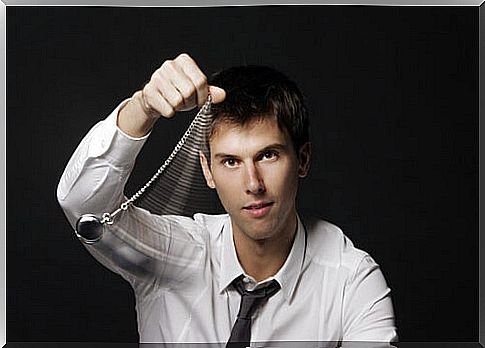
To get away from that hypnosis that is associated with the paranormal and occult sciences, it is necessary to disprove certain myths that arise around this practice. First of all, hypnosis is believed to involve the loss of our consciousness. In clinical practice, if this happens, it is because the patient has fallen asleep. In fact , the person participates actively in the whole process, concentrating totally on what the therapist tells them.
On the other hand, it is believed that the person performing hypnosis has “special powers.” This is not the case, the psychologist has therapeutic skills that he sets in motion, just like when he uses other techniques in treatment. It is also thought that if we are hypnotized we cannot lie. Another false assumption. Under hypnosis we will reveal the information that we want, as we do in other situations.
Another myth is that the hypnotist is going to be able to do with us what he wants if he hypnotizes us. Absolutely. In fact, it is proven that the subject is led by what the therapist tells him to where he himself wants to go and no further. In addition, it is thought that we are going to lose all capacity to control our behavior, but in reality we are not going to be hypnotized if we do not want to be. Like we can get out of hypnosis when we decide.
Finally, it is believed that under hypnosis, we remain totally passive and allow ourselves to be done by the hypnotist. While it is true that we must let ourselves be carried away by what the therapist tells us, we will have to work our attention and our imagination, as well as our emotional involvement.
Clinical hypnosis
Once we have demystified hypnosis and detached it from the show and the paranormal, it is time to understand what it is. It is a therapeutic technique that the psychologist or doctor can use, along with others, in a treatment plan for a specific person. With it, you will guide the person in such a way that they imaginatively construct situations, as if they were real. Thus, if all goes well, he would have to behave accordingly.

It is a technique that is included in the group of suggestion techniques. It has been extensively studied and proven effective in many fields. It is necessary to emphasize that whether it is effective or not will be influenced by a series of characteristics of the patient, such as the capacity for imagination that they have, already mentioned before. Thus, not everyone is going to be able to take advantage of hypnosis.
Where it is more proven that it is a useful technique is in the management of pain, both acute and chronic. This has also been seen in relation to labor pain. In addition, it can be used as a strategy for managing anxiety and stress. In relation to this, if we manage to control this type of reaction, it can also be used in a complementary way in the treatment of psychosomatic disorders.
Clinical hypnosis is not a show, it is not performed by people with “superpowers” nor is it an occult science. It is a technique that can be used in therapy, but always by qualified professionals, who know what they are doing. As with the other strategies used in psychological treatments! Always check the credentials of the therapists you go to, and be guided by those who follow a valid, scientific method.
Images courtesy of Ryan McGuire.
